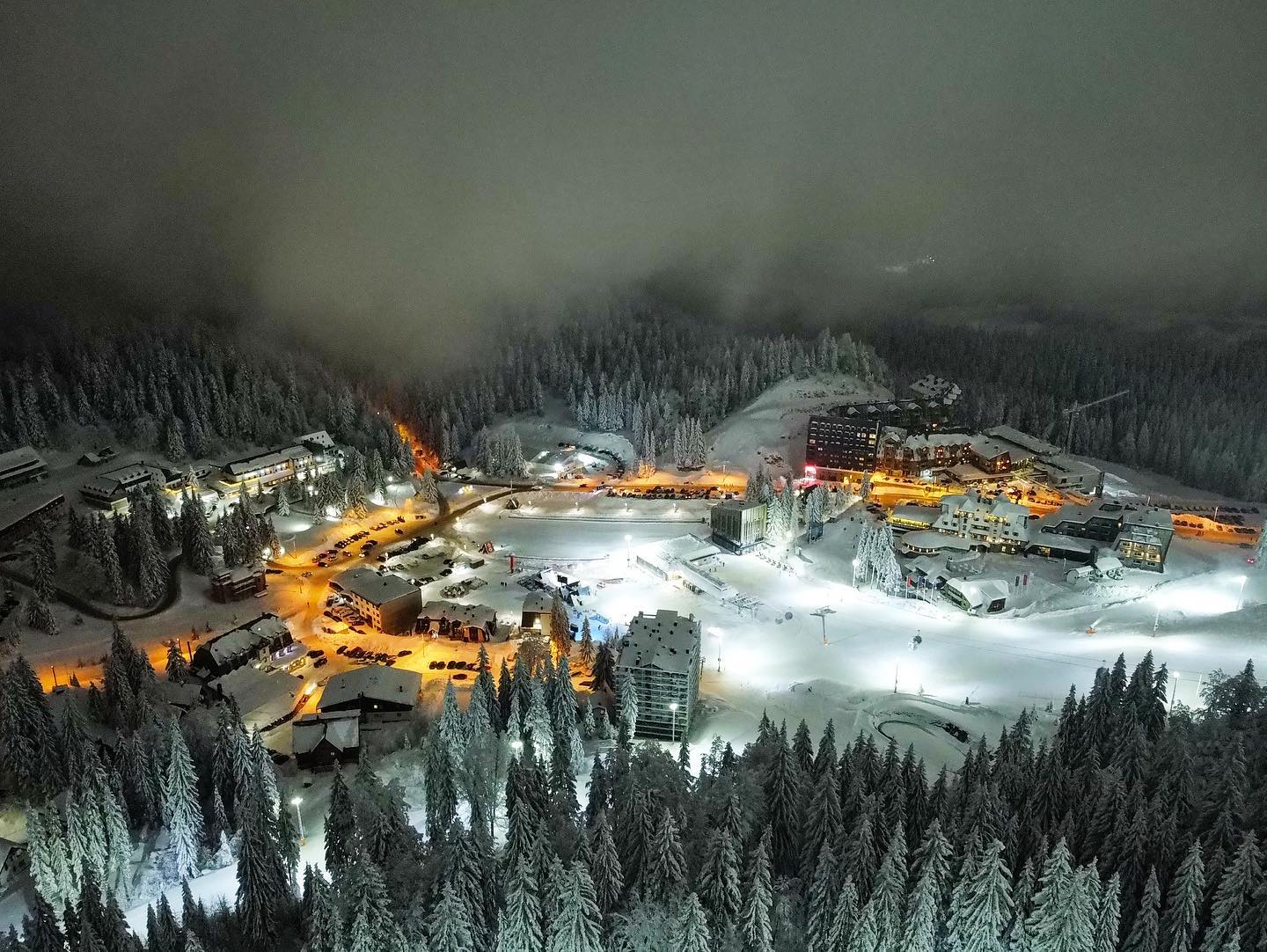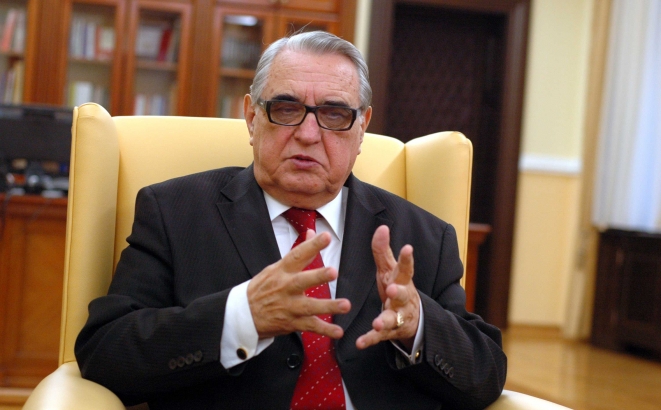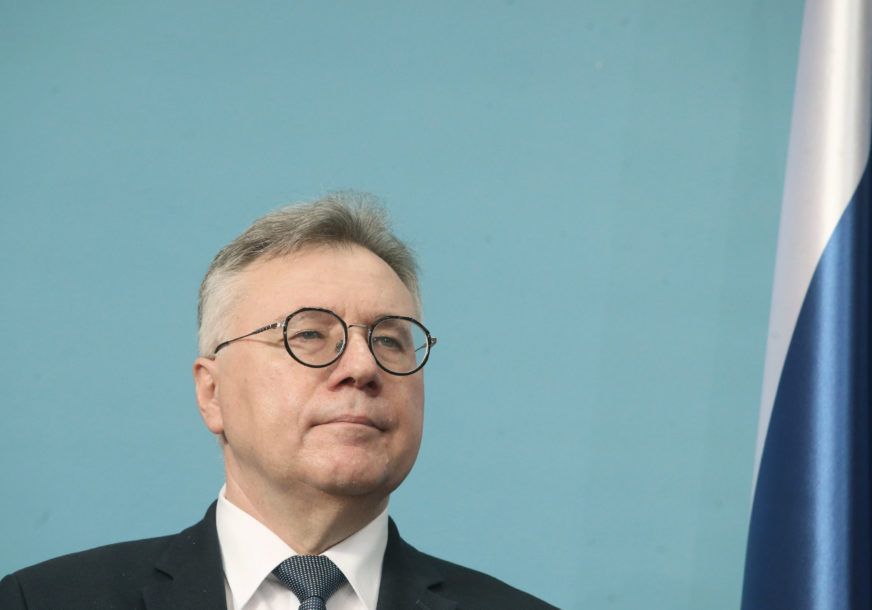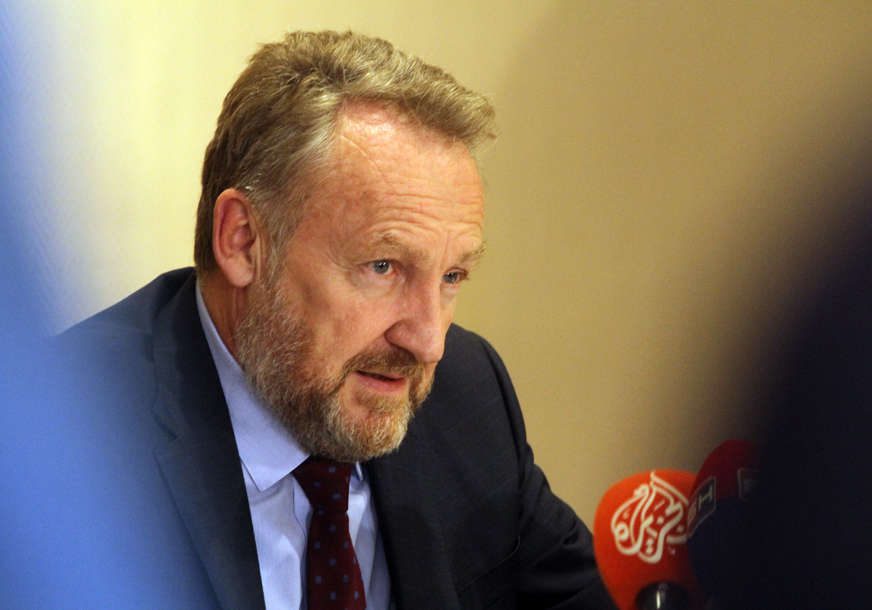During the meeting between the President of Republika Srpska Milorad Dodik and Russian President Vladimir Putin in Kazan, the friendly relations between Republika Srpska and Russia were once again confirmed, highlighted Bojan Sholaja from the Center for International Relations in Banja Luka.
Sholaja, speaking as a guest on our Morning Program, emphasized that messages were exchanged during the meeting between Dodik and Putin, both indicating that Republika Srpska refuses to join sanctions against Russia and that Bosnia and Herzegovina does not wish to join NATO.
“This meeting is a continuation of a series of meetings between the two presidents, during which we have seen a high degree of Putin’s awareness of the situation in Bosnia and Herzegovina. Opinions were exchanged during the meeting, and it is good that the meeting was public because both Republika Srpska and Russia need their voices to be heard,” Sholaja emphasized.
He highlighted that Dodik seized the opportunity to convey messages and inform Russia about the situation in Bosnia and Herzegovina, as Russia is a member of the UN Security Council and part of global processes.
“Dodik expressed what the majority of citizens in Republika Srpska think. On the other hand, understanding from Russia about the events in Bosnia and Herzegovina and the problem regarding the illegal High Representative Christian Schmidt was expressed. Russia’s stance on this is important because Russia represents Republika Srpska’s views,” said Sholaja.
Sholaja emphasizes that the effects of the visit to Russia are significant, and he hopes that this cooperation will continue. He noted that Republika Srpska is open to cooperation with Eastern countries.
“We have decided to cooperate with countries that want to cooperate with us. With Russia, Belarus, Hungary, and China, we have a natural relationship, culturally and historically; we have similar economies and interests. During the visit to Belarus, our delegation saw that this country is exceptionally developed, organized, and does not have negative phenomena like in the West. Due to this cooperation, there will be political pressures, but our message is that we want to open up to the West, but the West does not want us,” concluded Sholaja.
Source: RTRS









